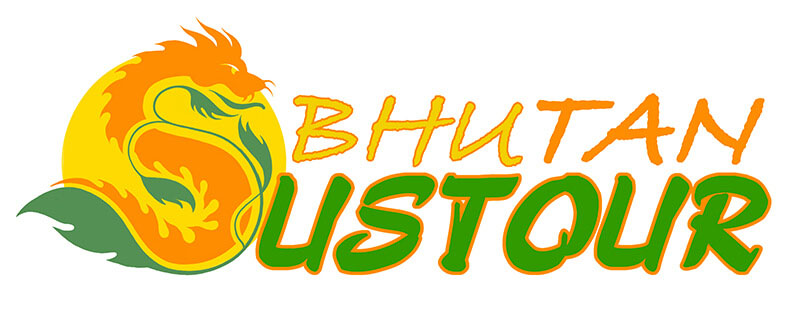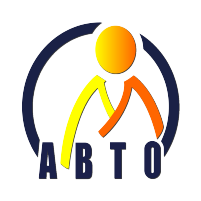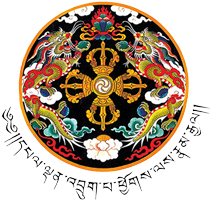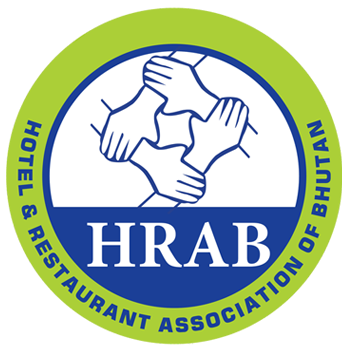What is SUSTOUR?
Are you a...?
tourism entrepreneur, sustainability professional, destination manager, tourism developer, or part of a capacity-building organization? Then this forum is made for you — don’t miss out!

SUSTOUR – Adapting EU Sustainable Tourism Practices to Bhutan’s Tourism Model
The SUSTOUR project, funded by the European Union under the Switch Asia Programme, aims to adapt and replicate successful Sustainable Consumption and Production (SCP) practices from the EU tourism industry into a Bhutanese context. Bhutan has prioritized sustainability in tourism as a core element of its Vision 2030, the country’s long-term national development strategy. However, sustainability awareness and implementation among Micro, Small, and Medium Enterprises (MSMEs) in the travel sector remain limited. Although sustainability standards are in place, they are seldom applied due to a lack of market-driven incentives.
At the same time, international B2B and B2C markets are increasingly demanding sustainable tourism options, presenting new opportunities for inclusive and sustainable growth in Bhutan. To support Bhutanese tourism MSMEs in seizing these opportunities, the Association of Bhutanese Tour Operators (ABTO), in collaboration with the Hotel and Restaurant Association of Bhutan (HRAB) and ASR, has launched this initiative. The project is designed through a participatory approach, leveraging the partners’ combined expertise in sustainable tourism, the local business environment, and policy frameworks to address existing challenges and foster the development of green supply chains across the tourism sector.
The project’s overarching goal is to accelerate Bhutan’s transition toward a green economy by enhancing the sustainability and competitiveness of tourism—an essential sector for the country. This contributes directly to the goals of Vision 2030 and aligns with Sustainable Development Goals (SDGs) 8 and 12 by promoting SCP practices within tourism supply chains. The specific objective is to replicate and embed proven SCP approaches into Bhutan’s tourism sector as standard business practices. This will result in greener tourism products, stronger integration of local MSMEs and communities, and supportive government policies that create a competitive advantage in the global tourism market.
Initiatives we will Explore
The SUSTOUR Bhutan project contributed to this sustainable, inclusive and resilient tourism development supporting its transformation towards a thriving circular economy by enhancing tourism as a key sector.
At national level, the project supported an enabling environment to improve Bhutan’s regenerative policies, by supporting the development and implementation of Green Hotel and Tour Operator Standards, training courses and tools.
At district level, the SUSTOUR project supported the development of sustainable inclusive and resilient destinations through 16 low-carbon tourism products, like the Taktsang monastery area in Paro and the areas around the Dzongs in Thimphu, Paro and Punakha, the Cheri and Tango monasteries and the Paro airport.
At entrepreneur level, 100 hotels have been trained to go green, around 200 of their suppliers have been trained as well. Besides the hotels, almost 100 tour operators are trained to become greener.




